
When I was attending public school in Beverly Hills in the 1990s, I mostly interacted with two kinds of mothers: Western-born moms who seemed to have it all together; who scheduled extracurricular activities for their kids, packed Pinterest-worthy school lunches (if Pinterest had existed then) and generally navigated American life seamlessly. At the time, I thought these mothers were perfect.
The second type of mothers were newly-arrived refugees from Iran — resilient, amazing women who, nevertheless, were struggling with the simple basics, such as learning English. Among those unassimilated moms, my mother often seemed like the undisputed queen, because she still clung to Iranian traditions with so much zeal.
That probably explains why my extracurriculars mostly consisted of descaling giant, dead trout on our dining room table, and cracking hundreds of walnuts with a meat cleaver.
But among the mothers born in the West, there were one or two who, in my mind, vied for queen. Helen was at the top of that list.
I first met her daughter, Natalie, in the second grade. This little girl was kind, hilarious, beautiful and frighteningly smart. I knew I had to meet her mother.
I fell in love with Helen from the moment she opened the front door and invited me into her home. I couldn’t tell which sparkled brighter: Helen’s eyes or her vibrant accessories. She wasn’t pretentious, but there was no doubt about it: Helen was fabulous.
I walked into the kitchen, where she and Natalie were preparing a pot of something called “mac and cheese.” I stared at the sight of a glamorous woman with sparkling eyes, her jet-black hair cut short in a way that was cooler than all of the other moms, and her colorful bracelets jangling back and forth as she stirred a pot of pasta with a wooden spoon.
Helen was so put together, and it was one of the first times in my early life that I realized that a woman could be a mother and still practice self-care. As a child refugee, that was a precious realization for me.
And like her mythical Trojan namesake, who was immortalized by Christopher Marlowe in “Dr. Faustus” (1604), Helen also possessed “the face that launched a thousand ships,” and, as far as I was concerned, the graceful hands that, over the years, stirred a thousand pots of mac and cheese.
Helen also loved being Jewish. She loved Israel and Hebrew. Her Jewishness was a deeply meaningful part of her identity. And the fact that I loved her daughter for infusing my life with laughter, friendship and warmth also brought me closer to Helen. In fact, I’ve stayed close with Natalie for over 30 years.
Over the years, I remained in Southern California while Natalie studied and worked on the East Coast, and I continued to stay in touch with Helen. Until the pandemic began, she was even an honored guest at our Rosh Hashanah and Passover seders.
But as I grew older, my perception of Helen evolved: Where I once idealized her, I eventually realized that her life wasn’t perfect. Even my preconceptions of her as the quintessential American mother were challenged in a deeper way when I learned that she was the daughter of Jews who had escaped Poland before the Holocaust, and she was the only one of her siblings to have been born in America (the others were all born in Mandatory Palestine).
Helen stayed a part of my life, and once I became a mother, she showered my children with love. But after COVID-19 erupted, I didn’t see Helen for a year and a half. Then one day, Natalie called me with the devastating news that Helen was suffering from ALS, also known as Lou Gehrig’s disease, or amyotrophic lateral sclerosis, a progressive neurodegenerative disease.
By the time I felt it was safe enough to visit Helen at The Jewish Home for the Aging (now called Los Angeles Jewish Health), she was confined to a wheelchair and having difficulty speaking, as she was losing control of the muscles in her mouth and throat.
The first time I saw Helen and listened closely as she tried to utter a few words, I began to weep and turned my head so that she wouldn’t see me. That was the day before Rosh Hashanah in September 2021.
I had come to wish Helen “Shana Tova u’Metuka.” Not surprisingly, her eyes still sparkled and there was still so much that she wanted to say. It’s not often that we’re reminded that the simple ability to speak is a profound and often-ignored blessing. Though I struggled to understand Helen’s words, I had known her for so long that I understood her sentiments through her eyes. That day, her eyes smiled.
Though I struggled to understand Helen’s words, I had known her for so long that I understood her sentiments through her eyes. That day, her eyes smiled.
And there was something else: I looked at her hands and saw that her nails, painted bright red (her favorite color) at The Jewish Home’s salon, were utterly fabulous. Come to think of it, her crisp, white shirt perfectly matched her pants, and her pants were a perfect color combination with her big, red, beaded necklace. Helen was still prioritizing self-care. It was amazing.
The last time I saw Helen was at Natalie’s baby shower. By then, she was completely unable to speak, but I could tell that her heart was overjoyed at the thought of her first grandchild. Using her eyes to scan a keypad, she expressed one sentiment that appeared on a small monitor by her wheelchair: “I am thrilled to be here.”
I’ll never forget those words; they are the essence of life and living. Imagine arriving anywhere, from a doctor’s office to a Zoom meeting to a meal with loved ones and thinking, “I am thrilled to be here,” simply because you are alive. Now, imagine how blessed you are to be able to utter those words aloud because you can still speak.
The most painful aspect of sitting with Helen three summers ago was being in the presence of someone who badly yearned to speak, and who had so much to say. But her body simply would not allow her to open and close her mouth. It forced me to realize how often I squander the gift of speech by speaking negatively. It also reminded me that I missed the sound of Helen’s voice.
Helen passed away on July 31, 2022, at the age of 66. With most of our childhood friends dispersed across the country, I stood by Natalie, her younger sister, Naomi, and their family at the burial in Los Angeles.
Lifelong friends are precious: You’re there for one another during scraped knees, then later, teen angst, and even later, the wonders and challenges of young adulthood. And if you’re lucky enough to remain loving friends for decades, you are also there during times of untold pain, when friends matter most.
For their part, Natalie and Naomi advocated for Helen’s wishes. And they reiterated that after years of pain, Helen was finally free.
There’s something special about the mother of a close childhood friend. If you reflect on your own childhood, there might have been one or two kind mothers of friends for whom you’re still grateful.
If it’s not too late, find them, whether through your friends or on social media, and send them a simple note: “Thank you for the kindness and love you showed me when I was a kid. It meant a lot to me.” And of course, check in with your own mother, if she is still alive (and try not to scroll your phone during the call; she’ll always know if you’re not fully present).
Today, I find myself holding on to precious advice that Helen offered me when I visited her the day before Rosh Hashanah several years ago. I’d told her that I was inspired by her resilience, and when I returned home from our visit, she had sent me a text message, confiding that her life wasn’t always easy. And then, reflecting on how she had managed to navigate one particularly painful hardship many years ago, she wrote, “Tabby, I don’t look backwards.”
But I can’t help looking backwards, to Natalie’s house, several decades ago. For me, everything about Helen was warm, memorable and palpable, whether it was her dazzling eyes or, if I was really lucky, a steaming bowl of mac and cheese.
And every now and then, when I am reminded of the indescribable blessing of speech, I whisper a prayer in her beautiful name.
To support the fight against ALS, or to access information and resources, please visit the I AM ALS website at http://www.iamals.org
Tabby Refael is an award-winning writer, speaker and weekly columnist for The Jewish Journal of Greater Los Angeles. Follow her on X and Instagram @TabbyRefael.








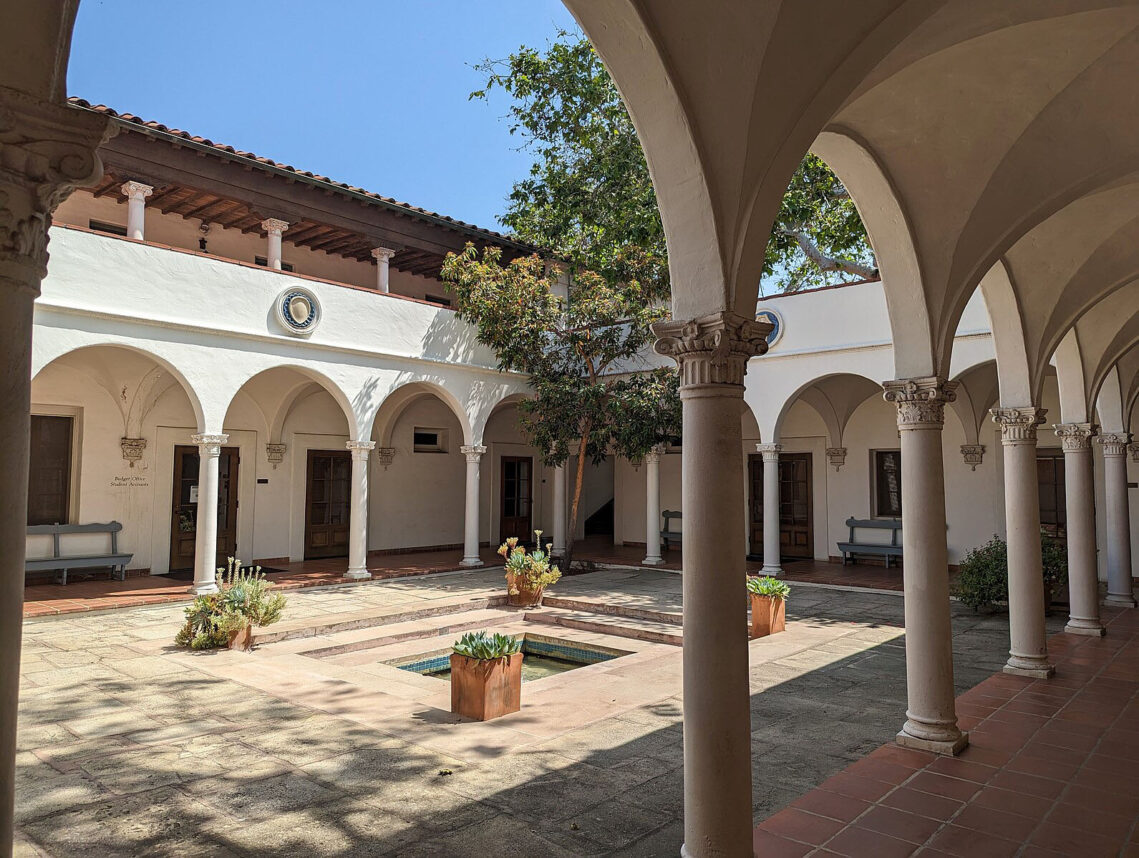
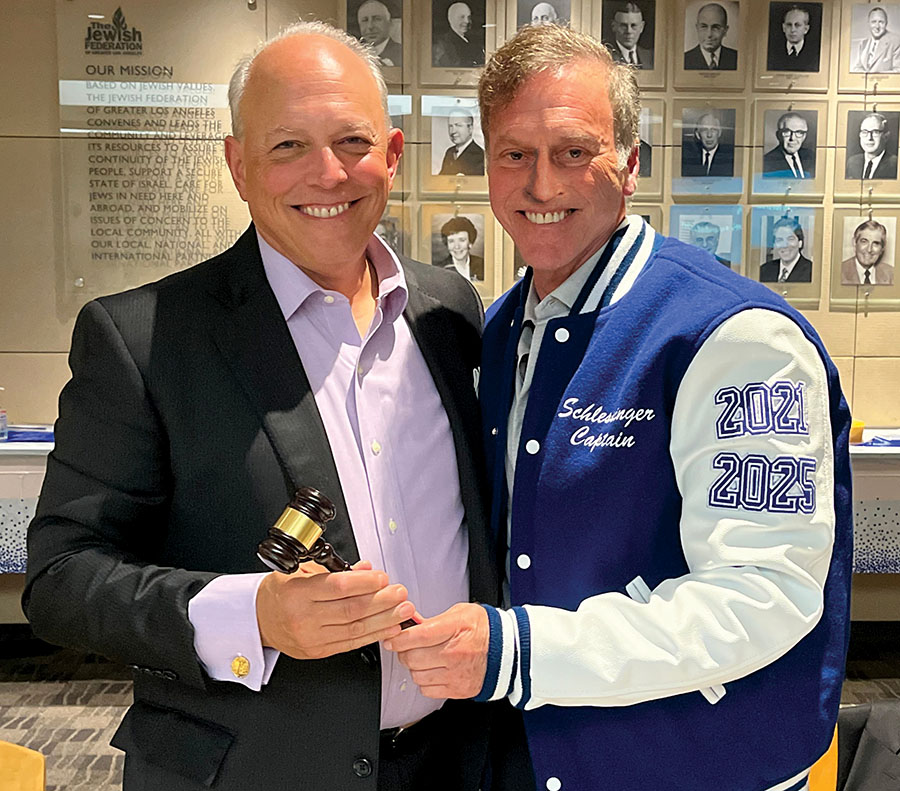
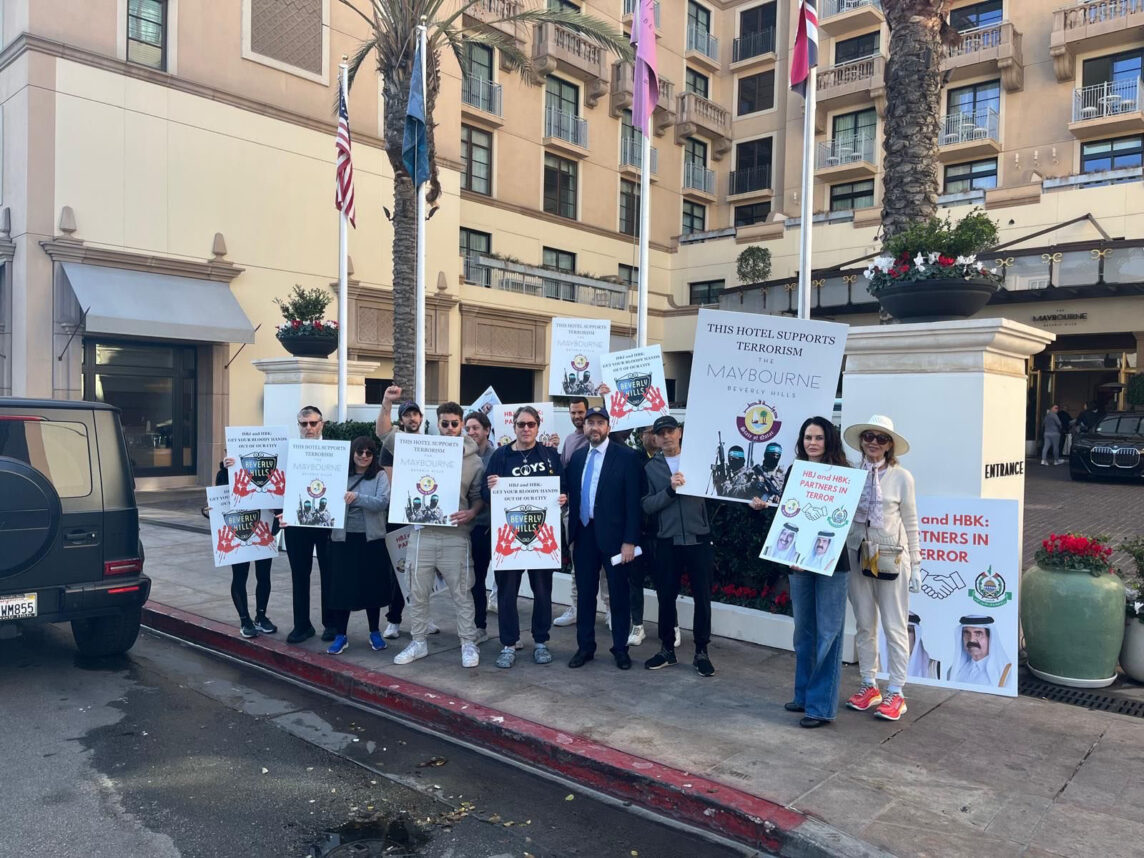
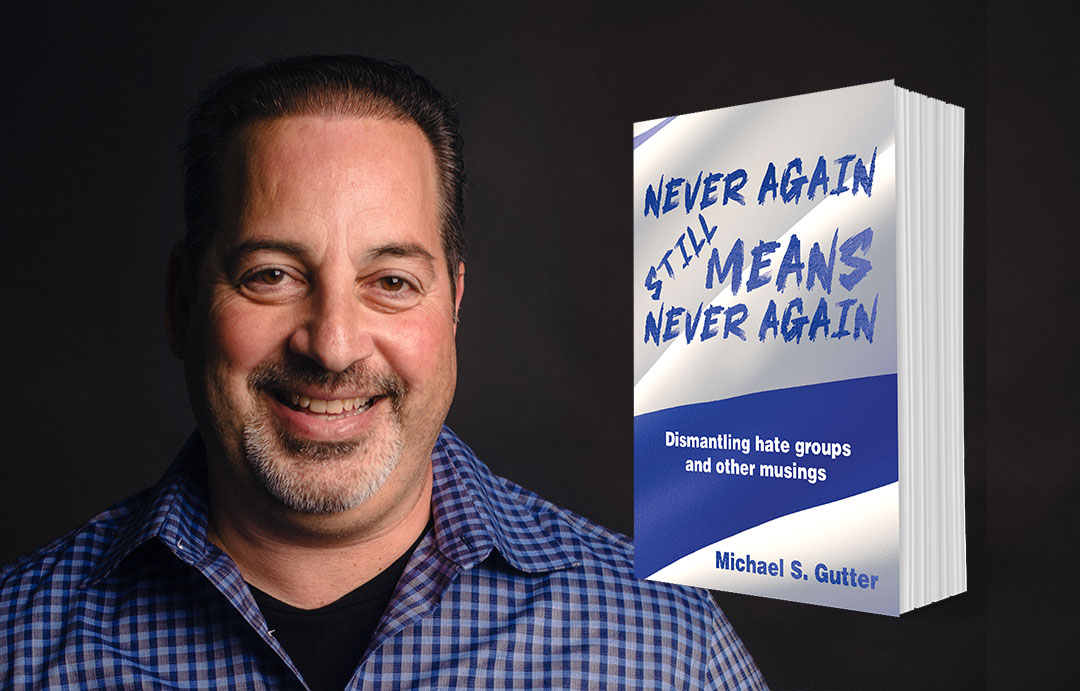
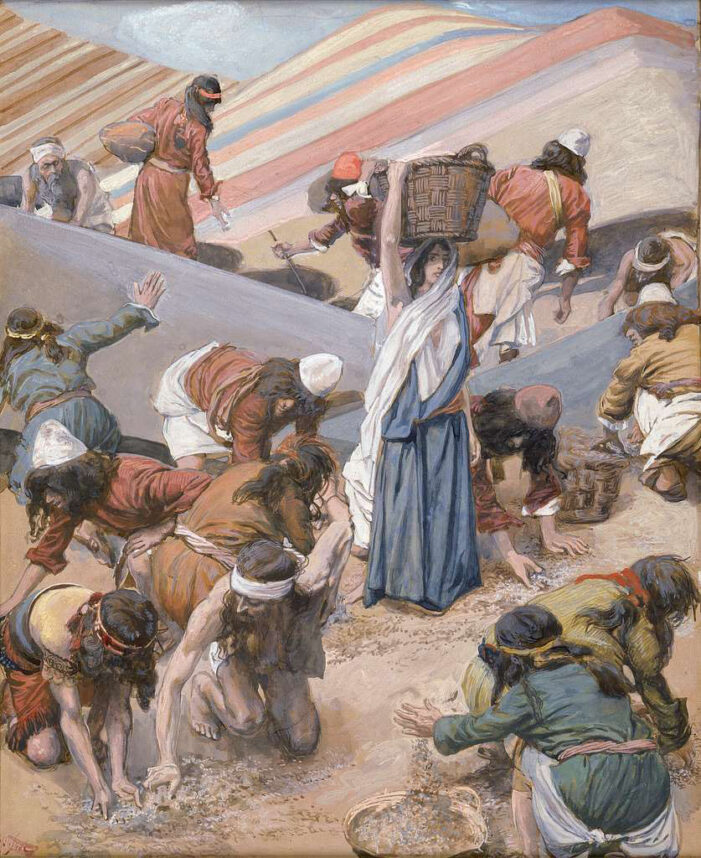
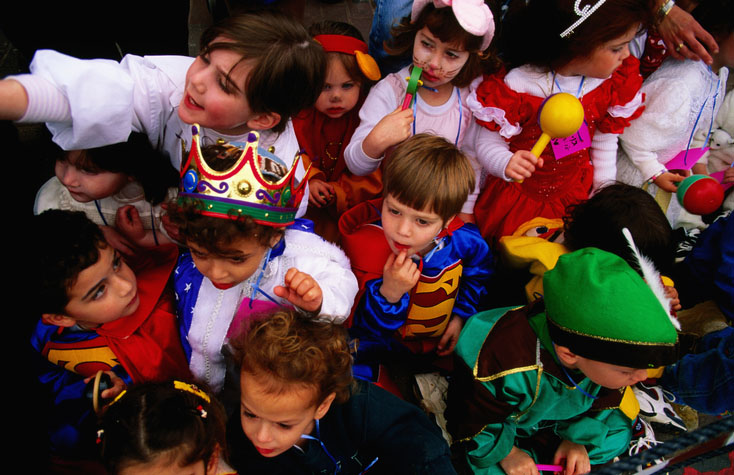
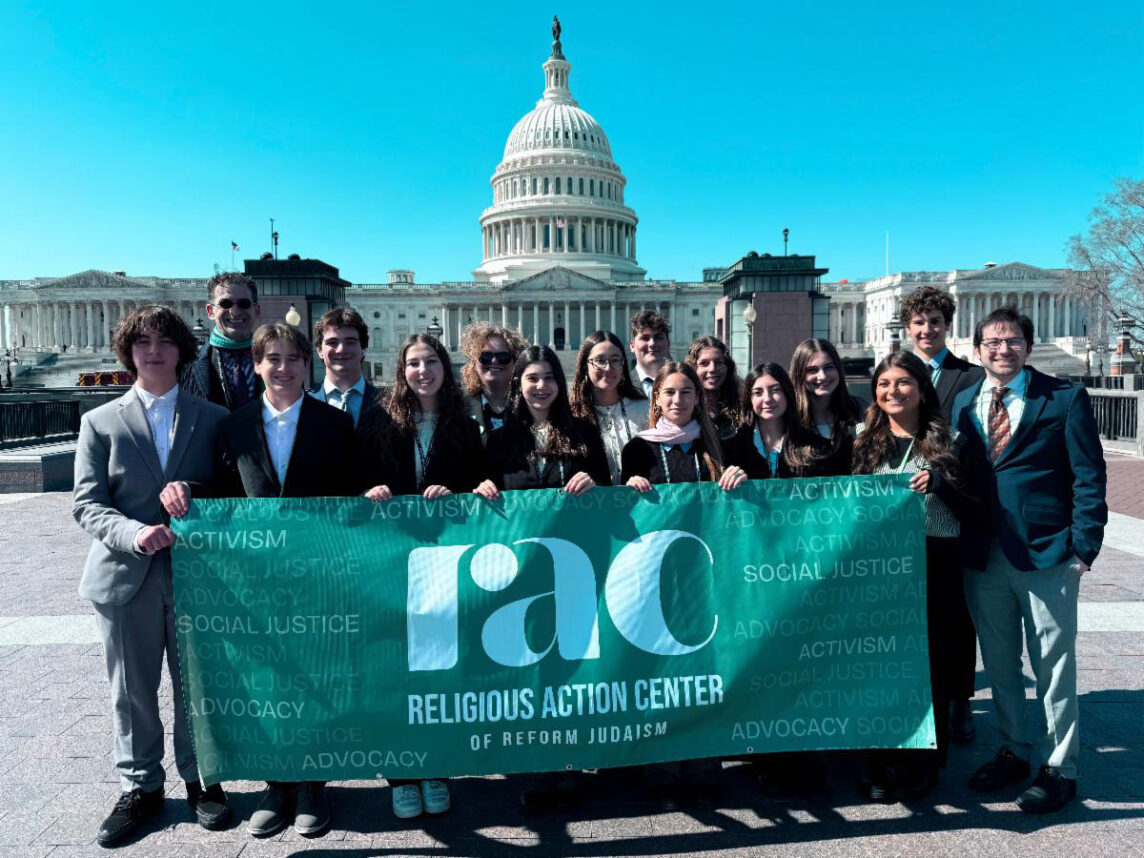
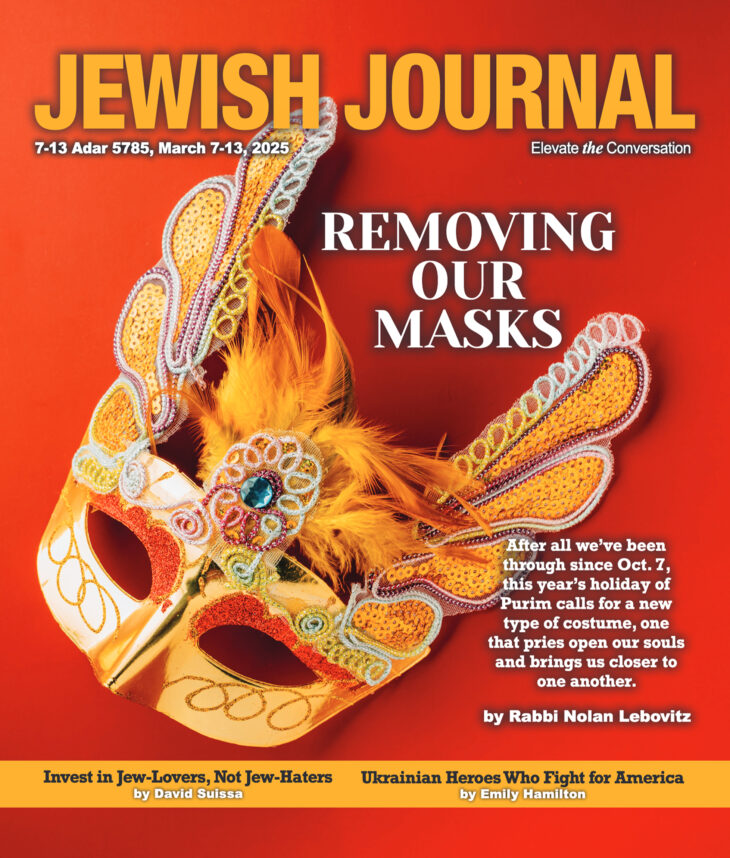
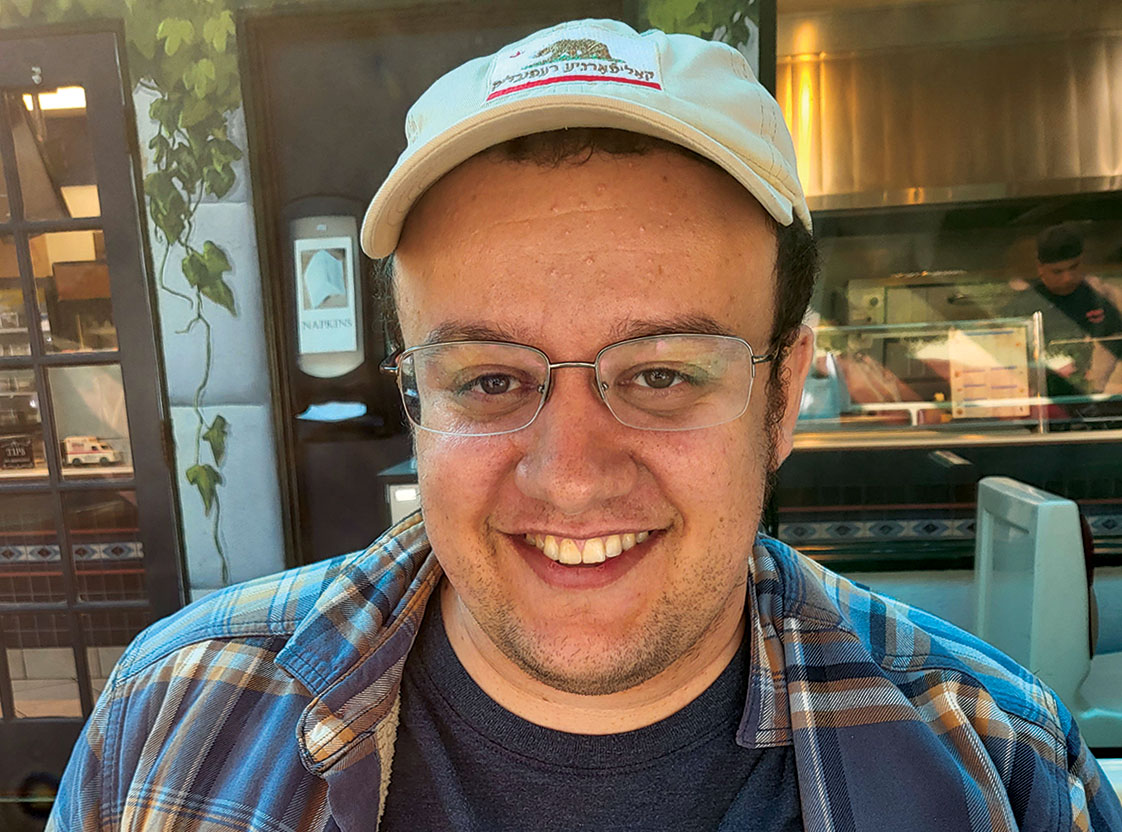
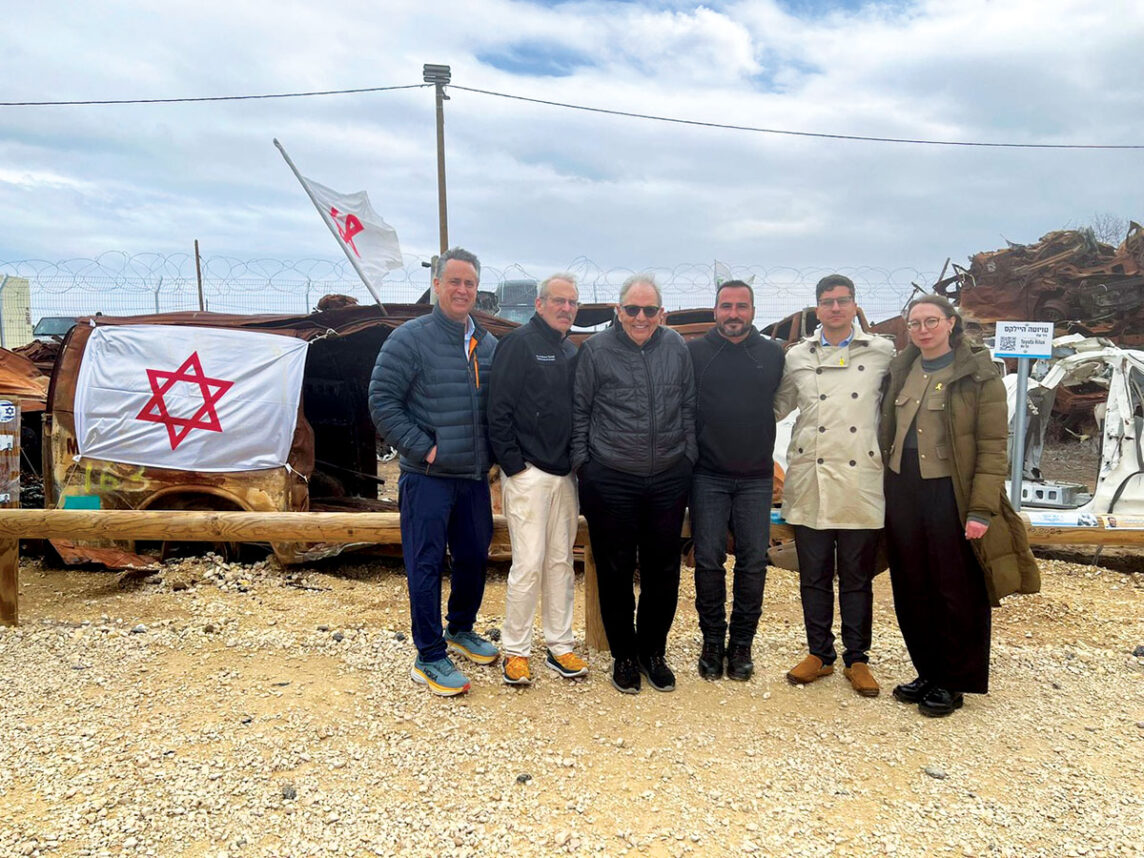



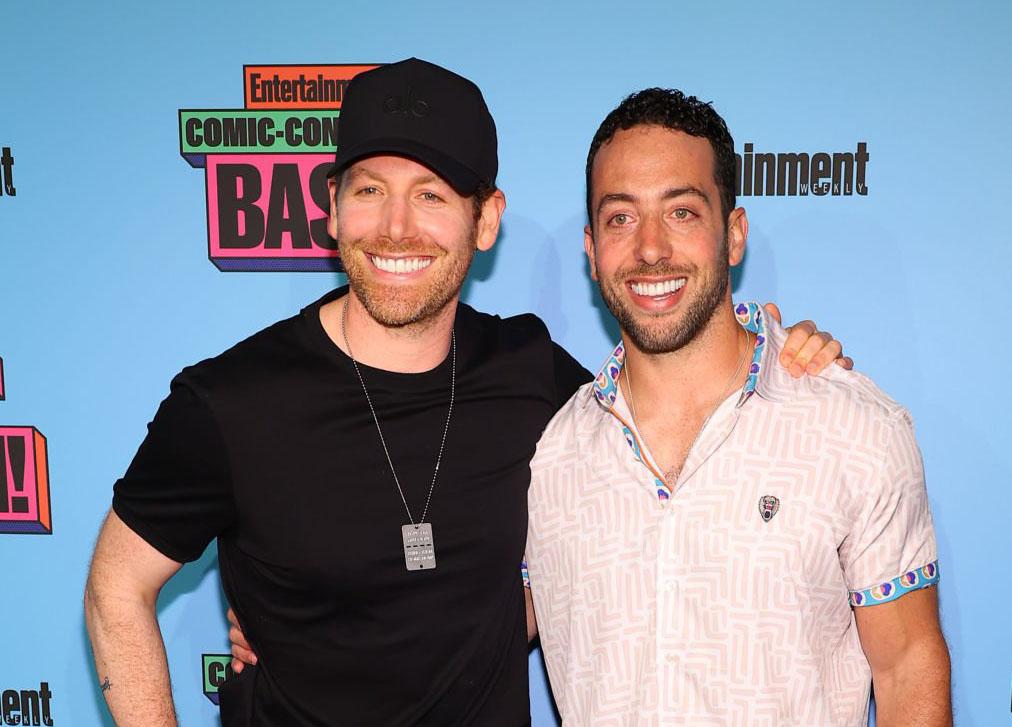
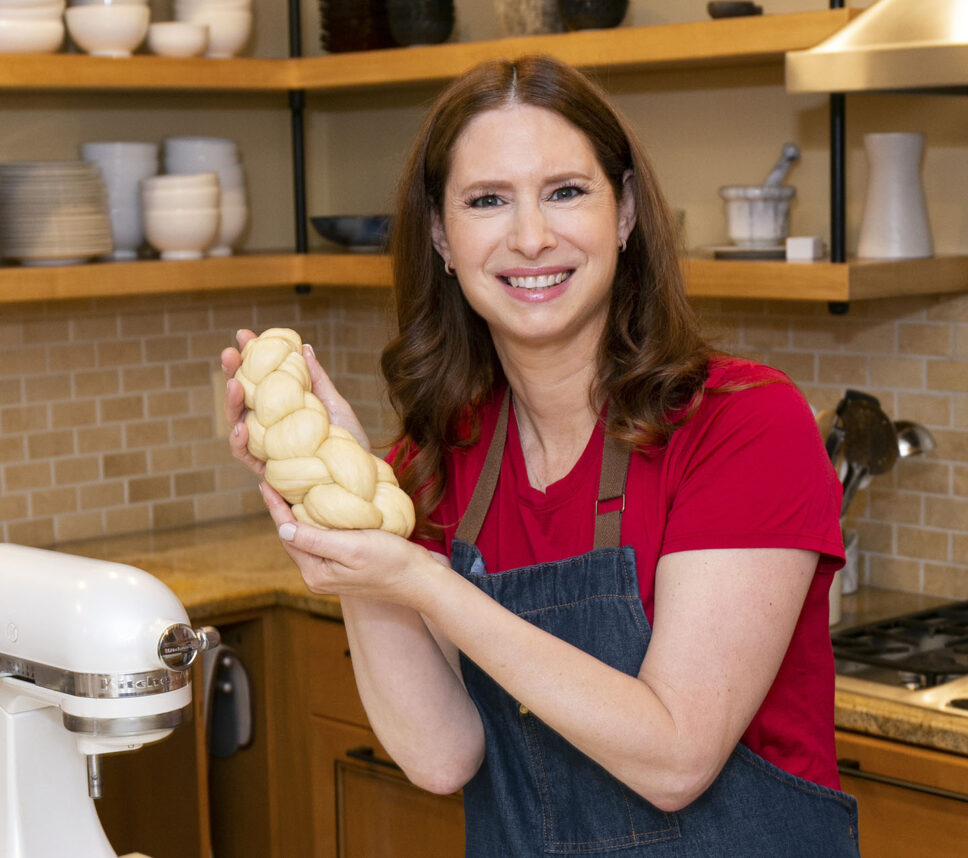

 More news and opinions than at a Shabbat dinner, right in your inbox.
More news and opinions than at a Shabbat dinner, right in your inbox.